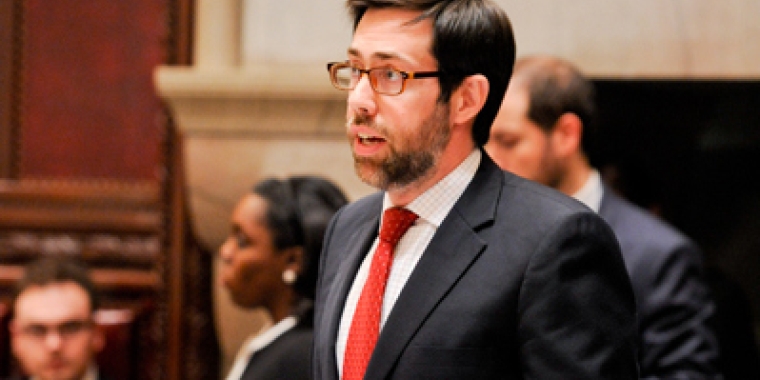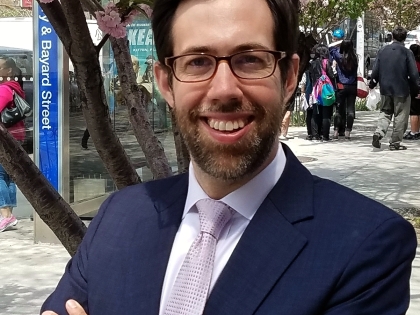
Sen Squadron Rivington House Testimony
September 29, 2016
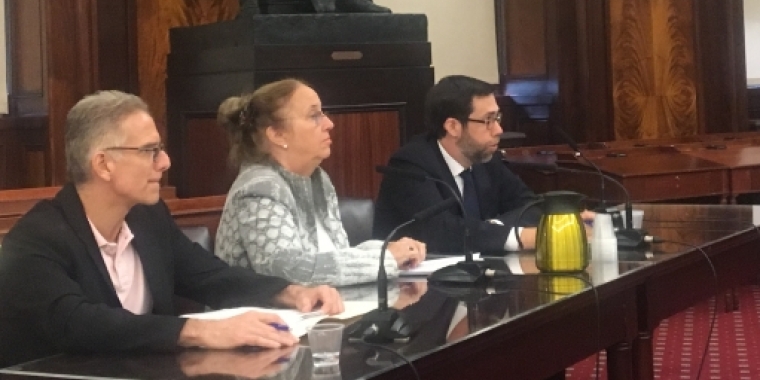
Testimony of State Senator Daniel Squadron to the New York City Council Committee on Oversight and Investigations and Committee on Governmental Operations Regarding Rivington House and Int. 1182
My name is Daniel Squadron, and I represent the 26th District in the New York State Senate. My district includes Rivington House, as well as the Manhattan neighborhoods of Tribeca, Battery Park City, the Lower East Side, Chinatown, the Financial District, Greenwich Village, Little Italy, SoHo and the East Village and the Brooklyn neighborhoods of Greenpoint, Williamsburg, Vinegar Hill, DUMBO, Fulton Ferry, Brooklyn Heights, Cobble Hill, and Carroll Gardens.
I would like thank the New York City Council, Committee on Oversight and Investigations Chair Councilmember Gentile, and Committee on Governmental Operations Chair Kallos for convening this hearing and for the opportunity to testify. Additionally, I would like to thank Councilmember Chin and Borough President Brewer for their work on Int. 1182-2016, and Manhattan Community Board 3 and Neighbors to Save Rivington House for their ongoing focus on this critical issue.
The Lower East Side has faced a series of nursing home closures in recent years. In less than five years, the neighborhood has lost the Bialystoker Center for Nursing and Rehabilitation and the Cabrini Nursing Home. Both closings were significant losses to the Lower Manhattan community, with residents coming together to protest the loss of critical local health resources, as well as the broader impact on community spaces and the overall community.
Rivington House was meant to serve as a nursing home provider in perpetuity. Instead, the appalling process at Rivington House allowed it to disappear in a puff of profiteering without transparency or community input. As the local representative, let me be clear: the terrible process came at a tremendous and unacceptable cost to the community.
Beyond the very real cost to local nursing home access, the closure of Rivington House also lands another blow to New Yorkers’ faith in government. The Lower East Side community is left with one less nursing home, and no confidence that government is looking out for its best interest. This is exacerbated by the fact that Manhattan Community Board 3 raised concerns about Rivington House repeatedly as this process continued -- concerns that seem to be have disregarded.
The closure and lifting of Rivington House’s deed restriction highlights significant procedural flaws at the city and state level. On the state side, the Rivington House closure has laid bare an absolutely opaque, and seemingly unenforceable process. There is a major breakdown in information between on the ground realities and the state closure process. Currently, the process allows no public input or transparency when a nursing home closure is threatened or approved by the State Department of Health (DOH). Further, DOH is not required to consider how a facility’s closure will impact health needs in the community.
The opaque and ineffective state process has disturbing similarities to the broken state hospital closure process, as experienced in painful detail at Long Island College Hospital, also in my district, leading me to introduce the “Local Input in Community Healthcare (LICH) Act,” along with Assemblymember Simon. In the coming weeks, I will be working with colleagues to introduce state legislation to improve the broken process surrounding at-risk nursing homes.
Both Rivington House and LICH show how toothless the broader state process is when other levels of government, such as the State University of New York System which oversaw LICH, or New York City, have failures within their own systems.
Of course, Rivington House makes clear that reforming the city’s laws around deed restrictions is also critical. The process to remove the deed restriction was insufficiently transparent, and failed to protect the public interest. Both components of Int. 1182 would be important improvements to the existing process.
The Rivington House closure has come at a significant cost to the Lower East Side community, and highlighted major flaws in the state and city processes by which nursing home facility closures move forward and deed restrictions are governed. As investigations into what happened continue, it is urgent that we reform every step of what went wrong here. The underlying state and city laws that allowed this to happen must be part of that reform. It is also critical that the Lower East Side community’s need for nursing beds and the loss of this facility be addressed. We are not willing to simply accept the consequences of these failures and move on.
Thank you again to Chairs Gentile and Kallos for the opportunity to testify, as well as Councilmember Chin, Borough President Brewer, Community Board 3, and Neighbors to Save Rivington House.
Share this Article or Press Release
Newsroom
Go to NewsroomSquadron Shares Lunar New Year Greeting
January 27, 2017
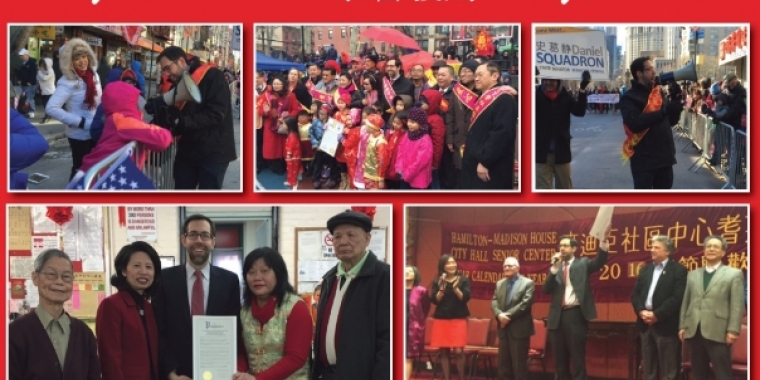
Squadron Passes Senate Resolution Honoring Lunar New Year
January 24, 2017
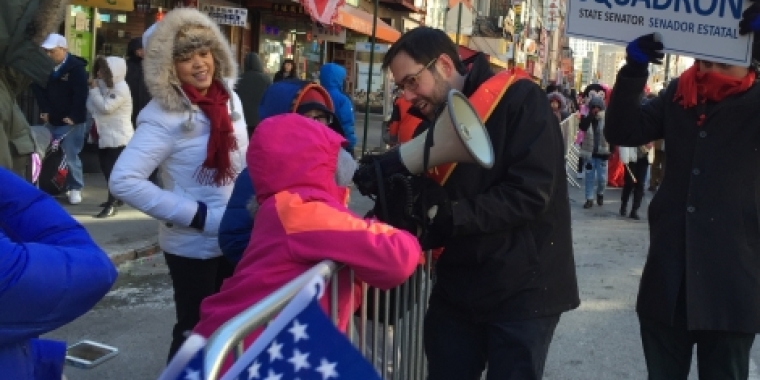
Squadron Announces First Enforcement of Intercity Bus Law He Wrote
January 17, 2017
